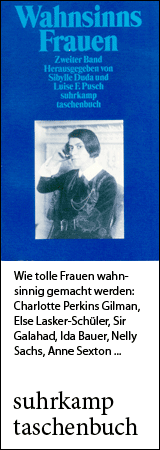
born on March 13, 1724, in Socorro, Colombia
died: unknown, probably in 1781, place unknown
Symbol of the patriotic protest movement against the Spanish in Colombia
300th birthday on March 13, 2024
Biography
Manuela Beltrán was the most important Colombian female figure of the patriotic protest movement before the War of Independence against the Spanish. In 1781, at an advanced age, she organized a revolt against the Spanish crown's tax system. This was because the crown had imposed additional taxes in the Viceroyalty of New Granada and had increased the existing taxes on liquor, tobacco, cotton and textiles in order to finance its own wars.
Manuela's action was the straw that broke the camel's back; the population, dissatisfied with the Spanish administration, was just waiting for a spark to ignite a protest. The new tax system was published in a decree on March 16, 1781 on a poster in the central square in Socorro. As Manuela could read, she informed the crowd about the content. She tore down the poster in front of the mayor, becoming the first officially recorded person in Colombia who dared to destroy a symbol of Spanish rule. She then demonstrated with a group in the square: “Long live the king, but we don't want to pay the taxes.” Manuela resolutely led the strike, sparking a popular movement that eventually spread to over 60 cities. Committees were formed to better organize the uprisings. These committees were called El Común, and the uprising known as Revolución Comunera was born.
The revolt ended with sham negotiations by the Viceroy and the splitting up of the organizers. The strike leaders were persecuted and finally executed. Whether Manuela was also killed remains historically unclear, but it is likely.
Almost nothing is known about Manuela's childhood and youth. Apparently, she spent her childhood and adulthood in Socorro in the state of Santander, near present-day Venezuela. Her family cultivated tobacco and belonged to the lower middle class. Manuela, owner of a small store in the central market square in Socorro, was held in high regard in the town and was respectfully addressed as Doña.
However, there is some disagreement about the life of the figurehead Manuela. One historian goes so far as to claim that historically there were two women involved: (i) the tax ordinance was torn up by Manuela Beltrán, but (ii) the strike was led by a woman called La Negra Magdalena. Despite this historical controversy, it is generally recognized that Manuela's activism triggered the nationalist revolt against the Spanish. Many schools, institutions, urban districts and a university were named after her. A series about her life was aired on Colombian television in 1980.
(Text from 2011; translated with DeepL.com; edited by Ramona Fararo, 2024.)
Please consult the German version for additional information (pictures, sources, videos, bibliography).
Author: Julia Gabrysch
If you hold the rights to one or more of the images on this page and object to its/their appearance here, please contact Fembio.



